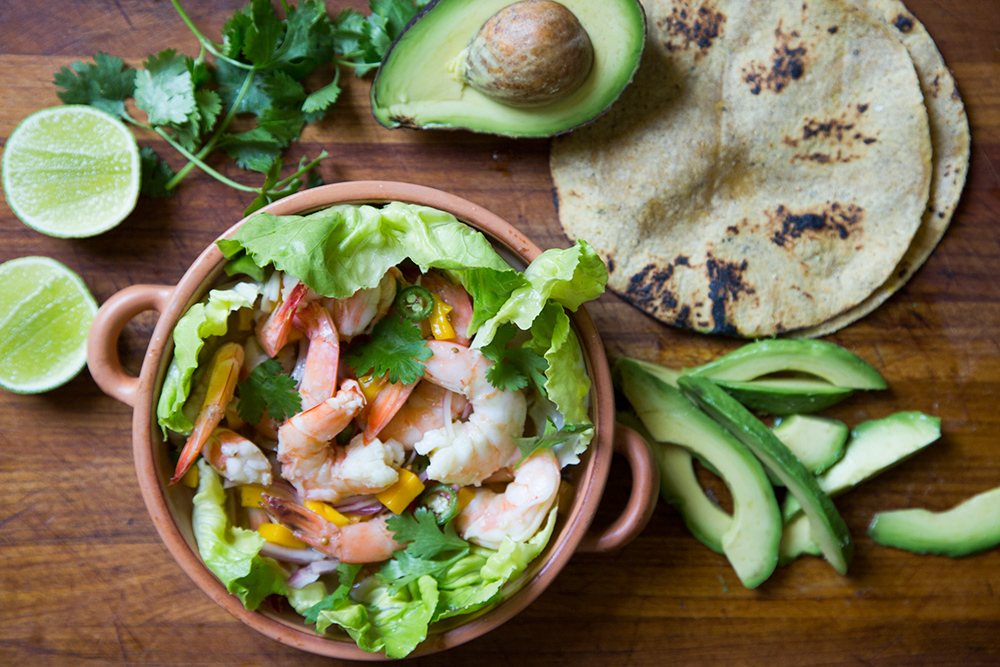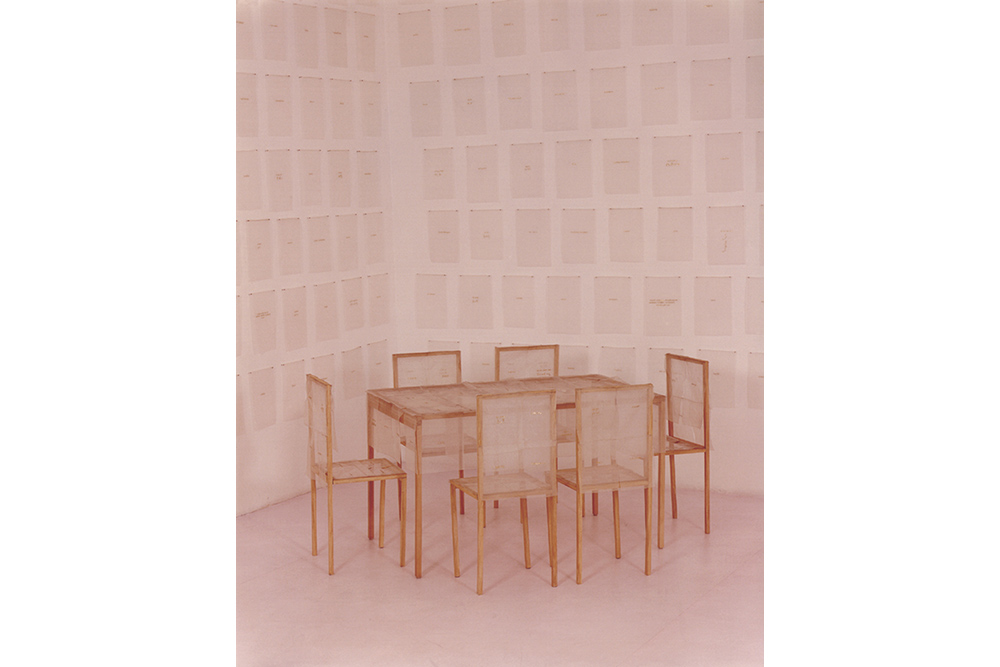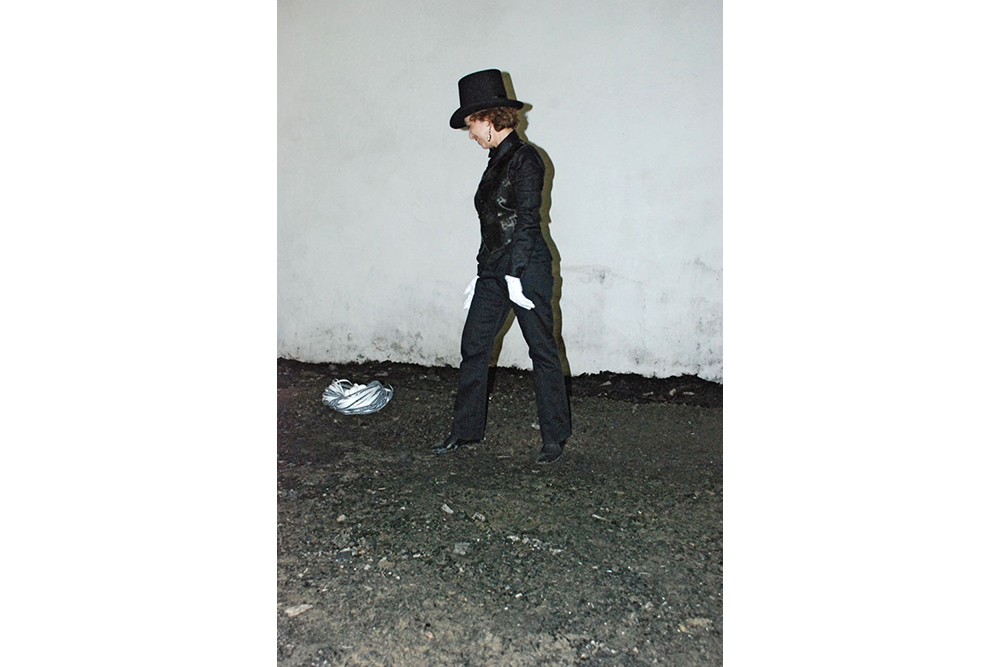Corainder Pickled Shrimp with Diced Mango and Avocado
Laurie Litowitz’s Shrimp and Mango Salad
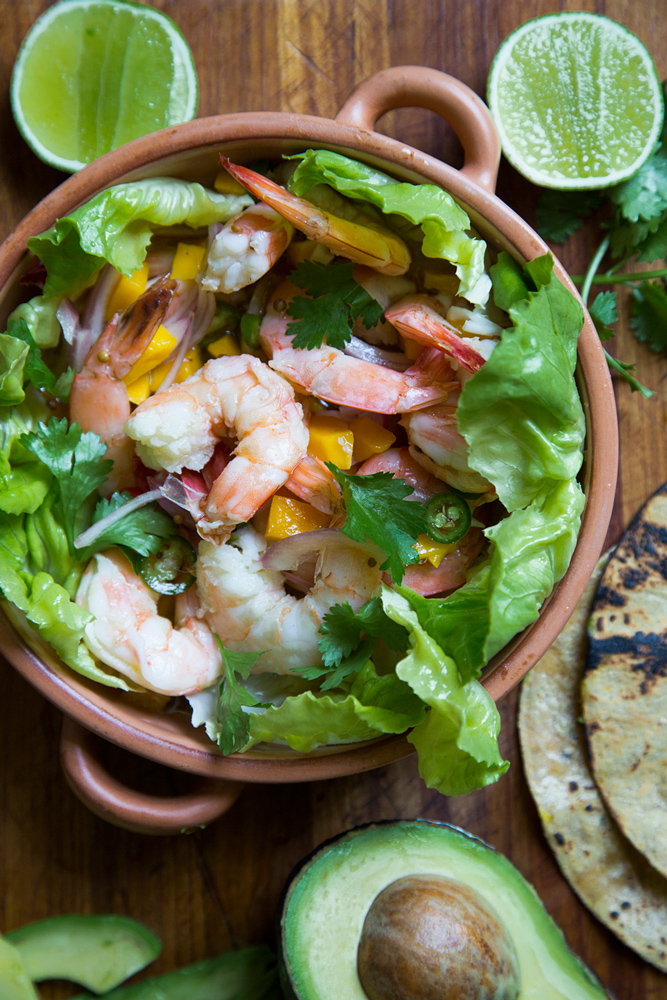
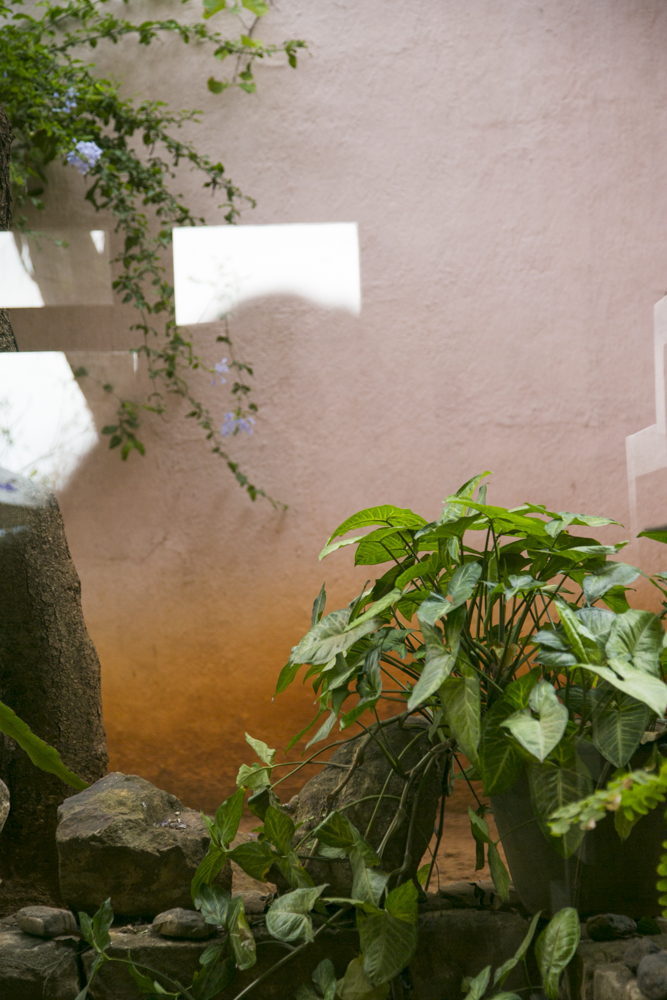

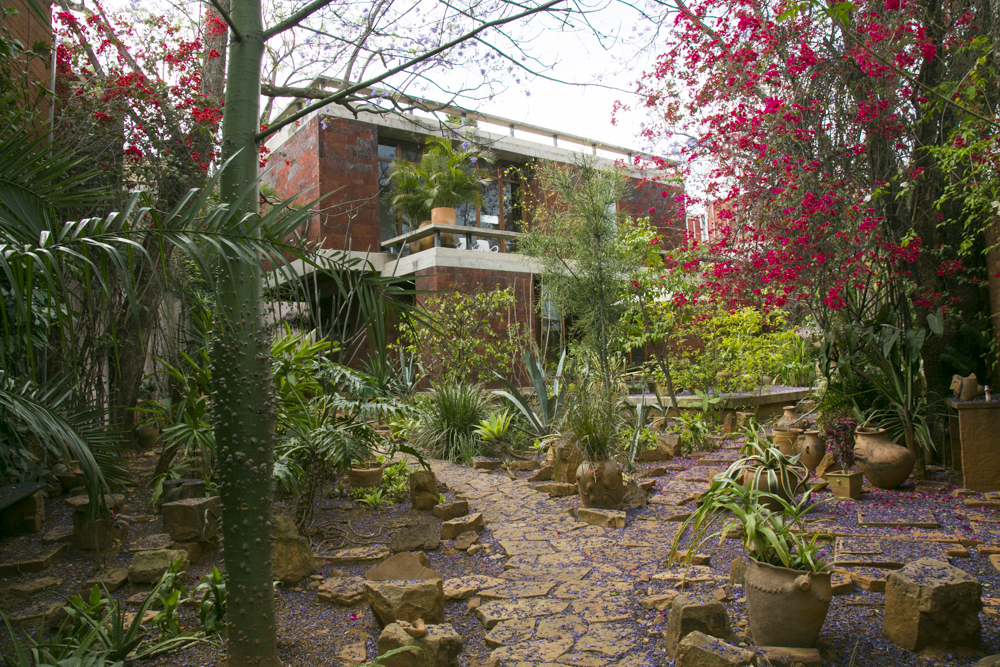
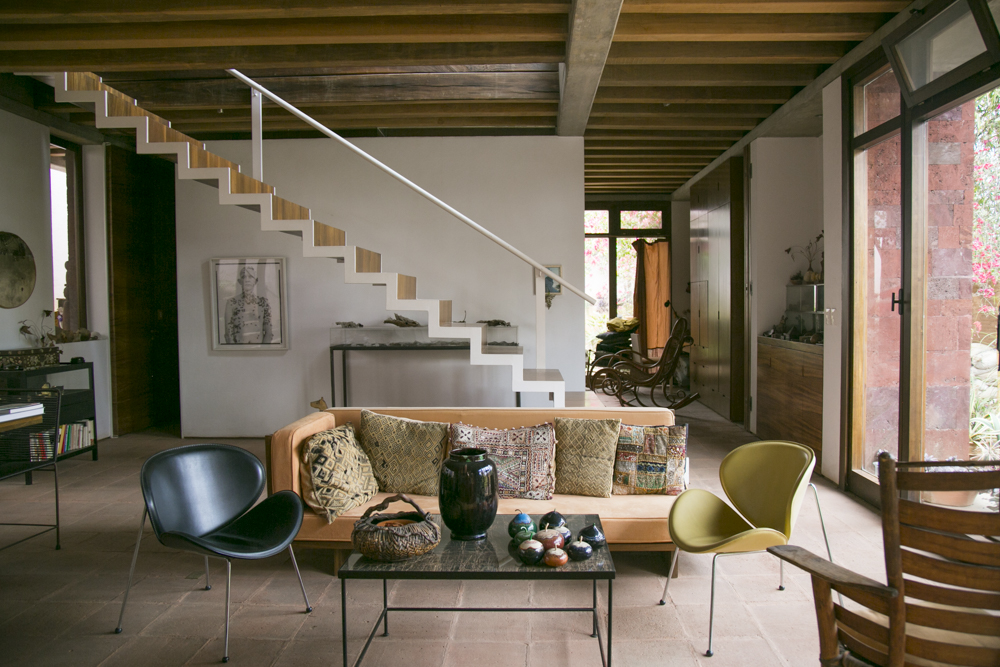
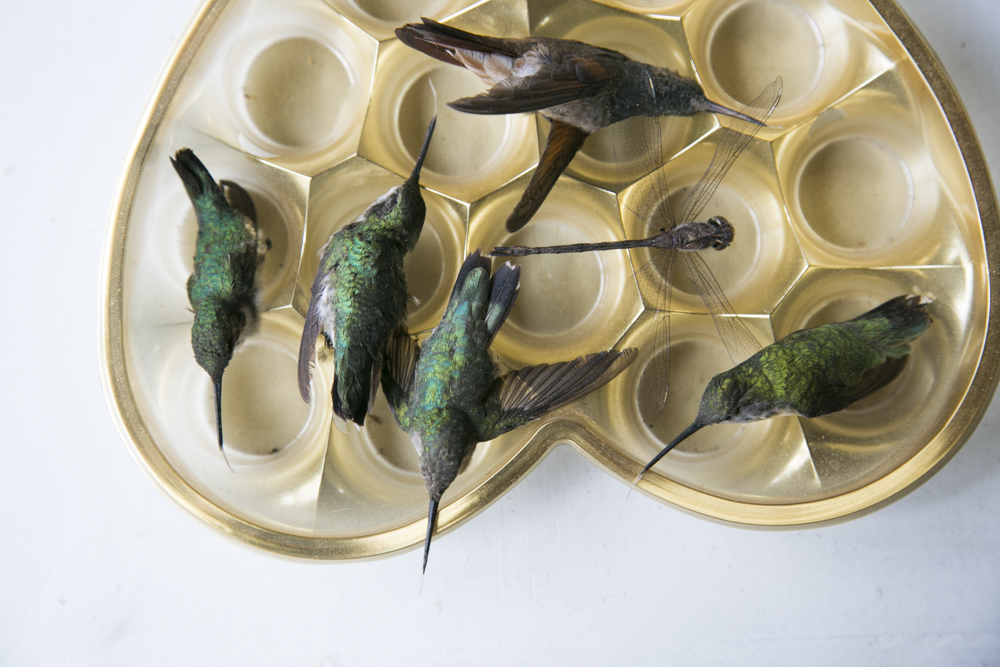
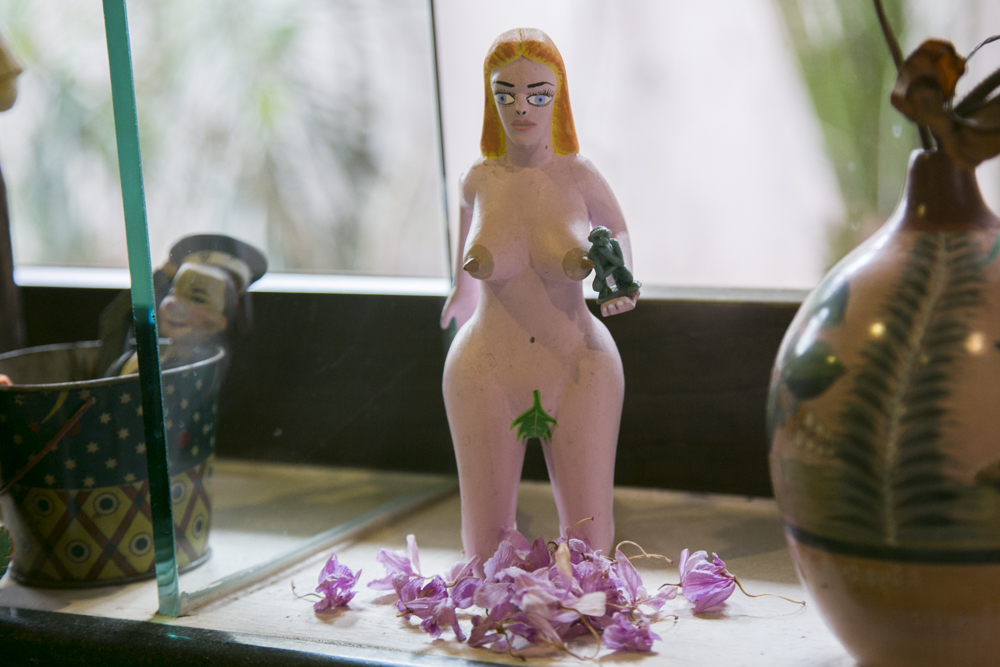
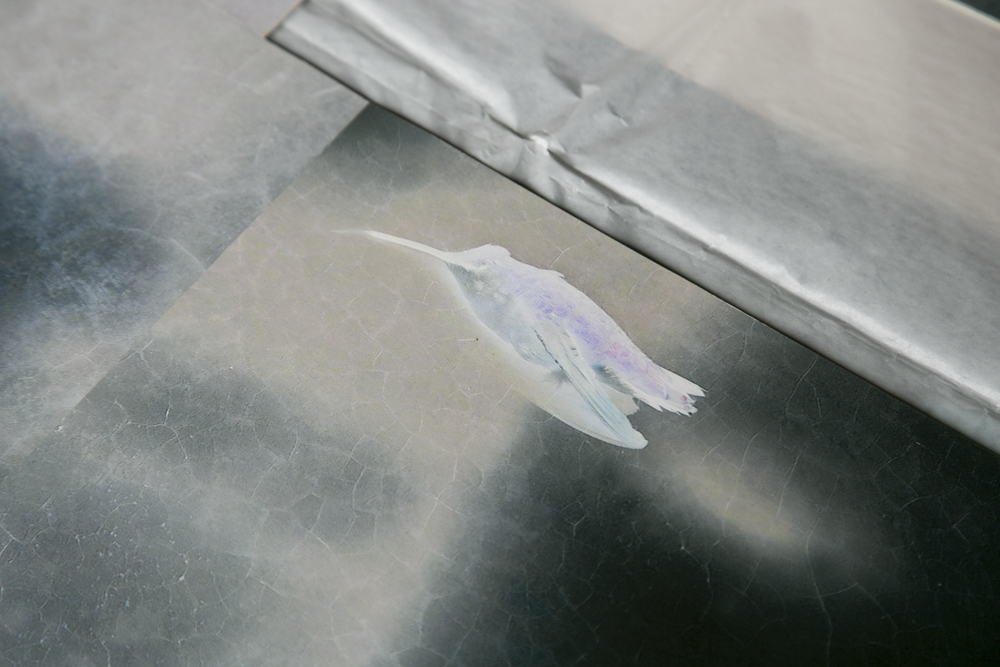
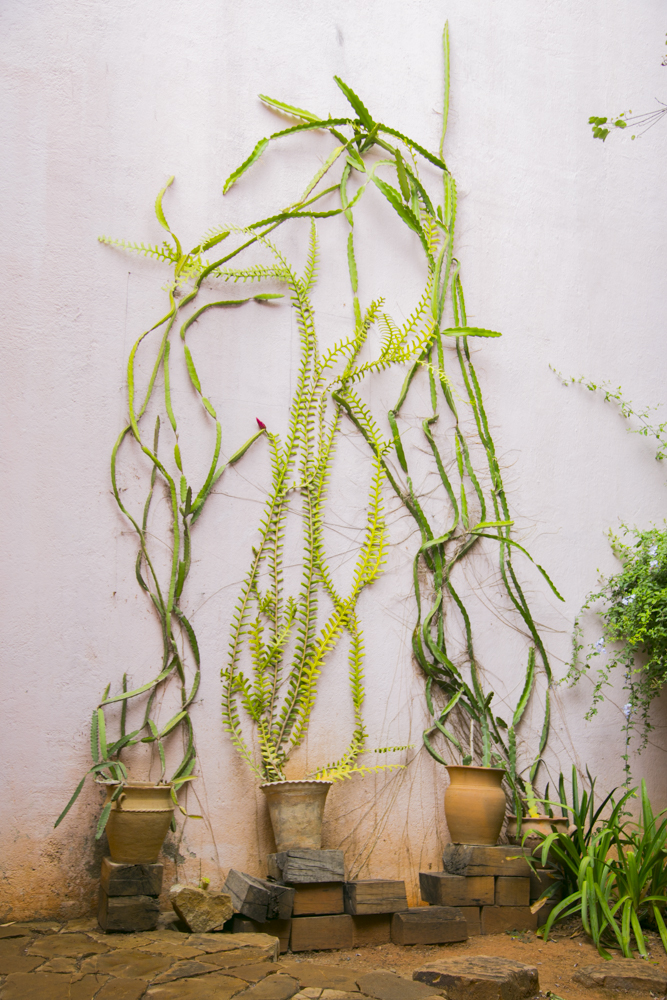
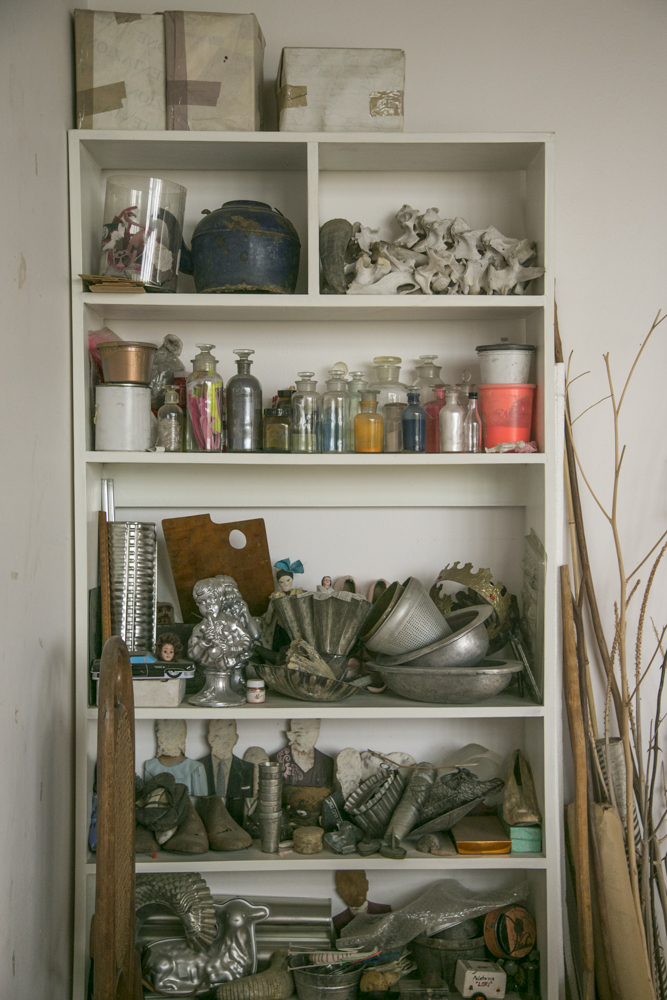
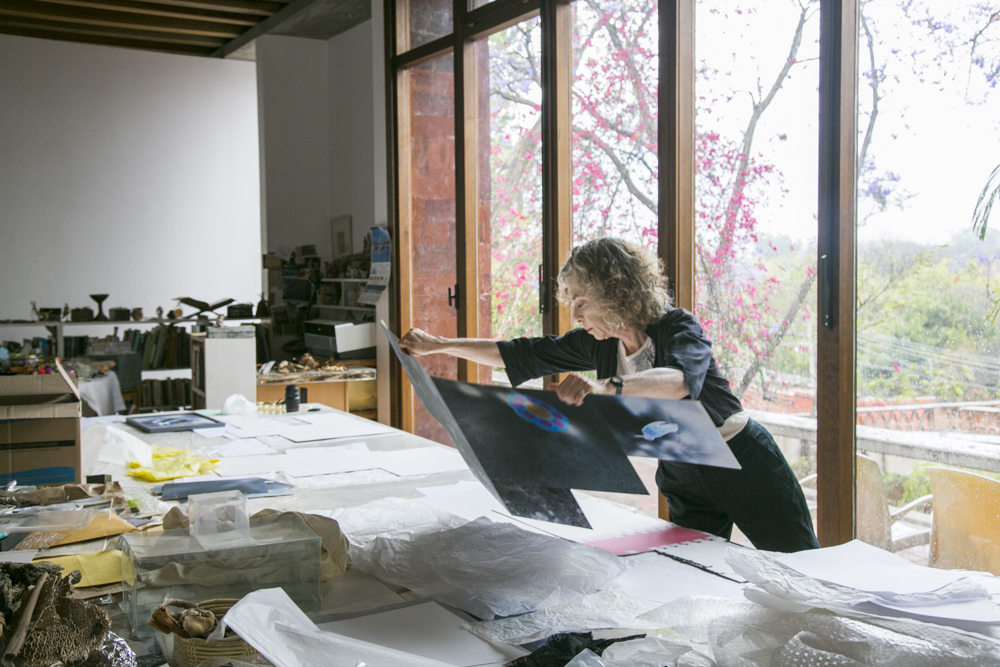
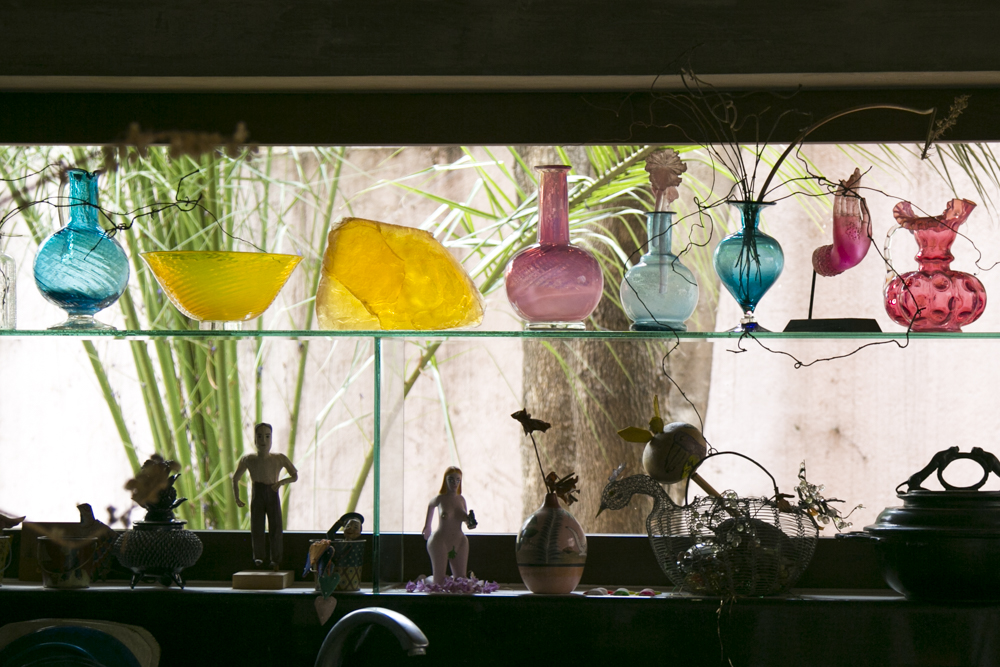
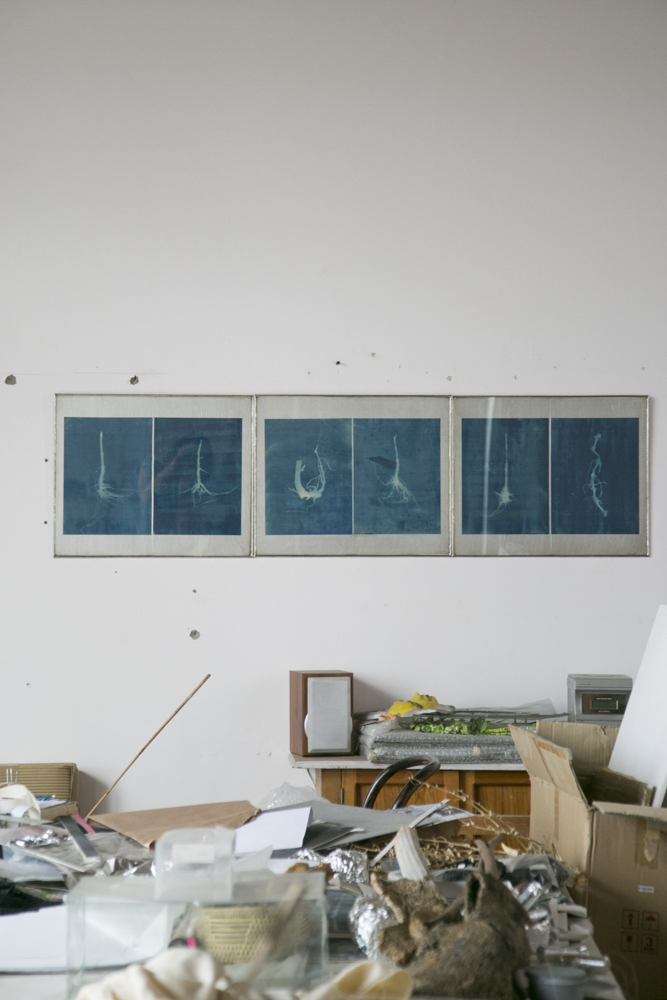
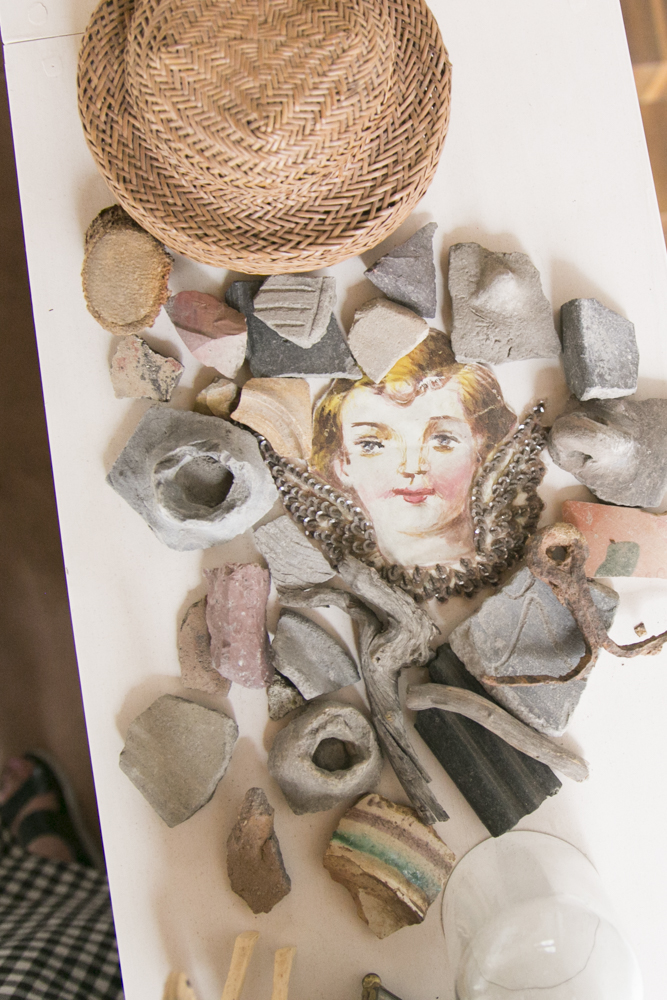
POSTED UNDER
- mexico
INGREDIENTS
- bibb lettuce,
- mango,
- shrimp
NOTES
A perfect summer seafood dish, the shrimp can sit in their marinate for up to 24 hours. Use a nice ripe mango, and be sure to always get the highest quality shrimp. The international shrimp industry is shady, so talk to your fish monger and try and buy locally.
RECIPE
DIFFICULTY
MODERATE
SERVES
2
PREP TIME
60 MINS
Shrimp
-
1/2lbmedium shrimp, shell on
-
1/4cupfreshly squeezed lime juice
-
1tbsdry white wine vinegar
-
3tbsolive oil
-
1mediumshallot, thinly sliced
-
1clovegarlic, smashed
-
1smallserrano chile, thinly sliced in rounds
-
1wholestar anise
-
1/4mangodiced
-
1/2tspkosher salt
-
3/4tspcoriander seed
For Serving
-
1/4cupcilantro leaves
-
1HassAvocado, sliced
-
1/2lime
-
3-4smallbutter lettuce leaves
-
corn tortillas, optional
-
Maldon salt
POSTED UNDER
- mexico
INGREDIENTS
- bibb lettuce,
- mango,
- shrimp
Laurie Litowitz lives in a secret garden on a cobble stone street in Oaxaca City, Mexico. For those of you who live in New York or L.A. and can’t imagine how you could live elsewhere, let Laurie show you the way.
Our original plan was visit the Saturday organic farmers market on the Saturday I was to arrive from Mexico City. But my trip was delayed and I didn’t make it until Sunday, when shopping choices were slim to none. At Laurie’s suggestion, we hopped in a taxi and went to a huge mega-market, the Oaxacan version of K-Mart. I was already amused and we hadn’t even started cooking. When we returned from our unusual outing (SFP sessions don’t usually involve big box stores but I welcomed the variety), Laurie showed me her studio and her cabinet of curiosities: Found objects from near and far, delicate dried hummingbirds, shards of pottery, bones and apothecary bottle full of pigment. All of these treasures make up the landscape of Laurie’s work, contributing to her performances and photography, and her self-described role as “hunter-gatherer.”
Laurie Litowitz In Her Own Words
Julia Sherman: Tell me what it means to be a ‘hunter-gatherer?’ You use that term to describe yourself, I love it, but I wonder what it means to you?
Laurie Litowitz: Most of my friends know that no matter where I go, I find THINGS to bring home. Sometimes I pack objects in my suitcase if I’m on a trip, or I simply carry them in my hands until I get back to my studio if I’m in Oaxaca. I am constantly finding objects in nature, on the sidewalk, in the street and also buying cheap items in markets and everyday stores. I am inspired by found objects that are not meant for artists.
JS: Have you always been a collector? You have so many intricate little gems tucked in every corner of your home.
LL: I don’t know if you can call me a “collector”…I usually refer to myself as an “accumulator.” As far as I remember, the first things I appreciated and saved were the inside of toilet paper rolls that I found in public bathrooms when I was about 4 years old. So I guess it goes back pretty far.
JS: Where did you find the dead hummingbirds I saw in your studio? How did they appear in your work?
LL: Birds sometimes crash into the windows of my house and occasionally die as a result of this. I always take photos of the dead birds and have included the photos in several works of art. The hummingbirds dried naturally so I saved them.
JS: It seems like your space and environment are very important to your work. Can you tell me a little bit about that?
LL: I have been living in my present house since September 2007. I worked very closely with the architect on every aspect of the design. My large studio is excellent with great natural light and I absolutely love my enormous work-table. My house is surrounded by a garden, and I spend a lot of my time out there. It has had an influence in my work; for my most recent project I used various plant matter from the garden.
JS: When did you move to Oaxaca, and how did that come to pass?
LL: I’ve been living in Oaxaca since 1984. For many years I was a real Europhile having lived in France, Italy, the ex Yugoslavia, Holland and Spain. My last year living in Europe I felt that it had become just like any other consumer society like and I became disillusioned. At that point I had visited Oaxaca a couple of times, so I decided to try living there. After just 10 days there I realized how much more mind space I had.
JS: What do you love about living in Oaxaca? What are some of the challenges of living there?
LL: I arrived in Oaxaca because I wanted a simpler life but I stayed for so many other reasons: Lovely people, great weather, strong local culture with amazing traditions that are still very much alive even after 32 years of living here. I particularly love many of the crafts that are practiced in various parts of the state. The down side of living here is the unpunctuality of the people. Getting things done can be a challenge.
JS: Getting less done sound alright to me!
